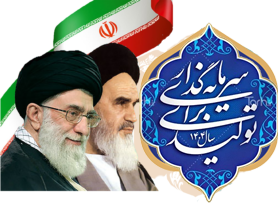In order to address professional and trade violations by veterinary professionals, primary enforcement boards are formed in the provinces and a high enforcement board is formed at the organization's location.
Primary police commissions in the provinces are formed, consisting of five people, for a period of four years, as follows:
1- Chairman of the Provincial Council.
2- One lawyer selected and introduced by the Chief Justice of the province.
3- Head of the provincial veterinary network.
4- Two veterinarians from among the organization's members with at least five years of work experience, who are appointed upon the recommendation of the provincial councils and the approval of the Supreme Police Board, and by decree of the organization's head.
The duties of the provincial primary law enforcement boards are:
1- Dealing with professional and trade violations committed by members of the organization against natural and legal persons.
2- Handling complaints from natural and legal persons related to the veterinary profession from those subject to this law.
The Supreme Police Board at the center consists of seven people for a period of four years, as follows:
1- The head of the organization (as the head of the Supreme Police Council).
2- One lawyer selected and introduced by the Minister of Justice.
3- One experienced veterinarian, member of the organization, selected and introduced by the Minister of Construction Jihad.
4- One experienced veterinarian, member of the organization, selected and introduced by the Minister of Culture and Higher Education.
5- One experienced veterinarian, member of the organization, selected and introduced by the Minister of Health, Treatment and Medical Education.
6- One experienced veterinarian, member of the organization, selected and introduced by the Central Council.
7- One experienced veterinarian, member of the organization, selected and introduced by the Minister of Defense and Armed Forces Support.
The duties of the Supreme Police Council are:
1- High supervision over the work of primary law enforcement bodies and establishing coordination between them.
2- Handling objections and complaints from natural and legal persons regarding the work of the primary disciplinary committees.
3- Appealing the rulings issued by the first instance disciplinary boards.
4- Dissolution of primary disciplinary committees, if necessary, at the discretion of the Central Council.

